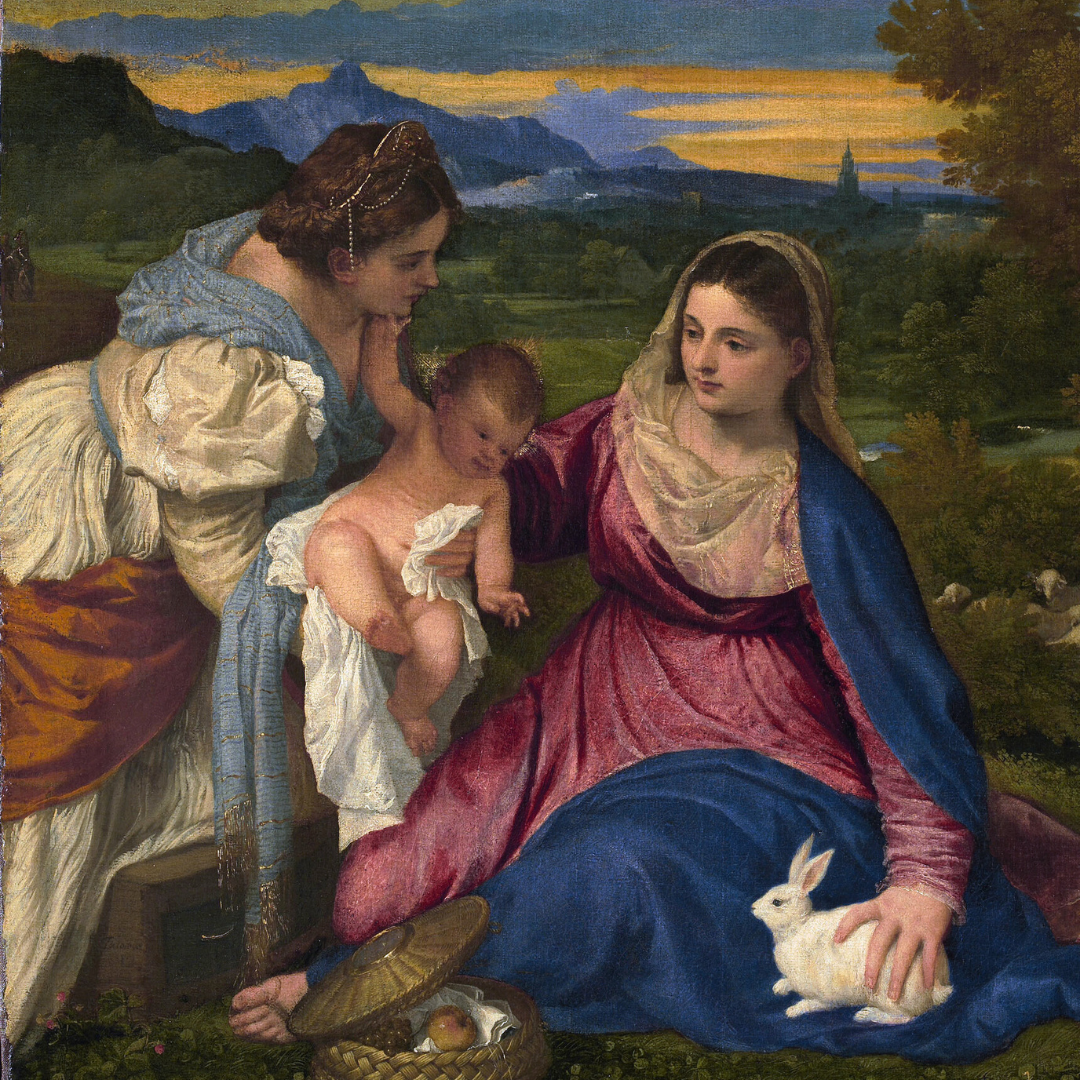Have you ever wondered where the traditions of the Easter Bunny and eggs come from?
On this episode of "The Catholic Talk Show," Ryan Scheel, Ryan DellaCrosse, and Father Rich Pagano discuss the Catholic traditions behind Easter. This includes the Easter bunny!
Where does the name Easter come from?
In most languages, it’s a variation of "Pascha,” linking it to Passover. In English and German, Easter comes from "Ēostre-monath," the Old English word for the month of April, which itself was likely named after a Germanic goddess.
Scheel explains associating them though would be like mistakenly “saying anything that happens on Thursday is actually a pagan tradition for Thor."
Does Easter have some sort of secret Pagan origins?
Easter’s origin is squarely in Christian theology, marking the resurrection of Christ, rather than some co-opted pagan festival. This persistent myth “was started in the 1830s by Grimm's Fairy Tales” without any historical backing," Scheel explains.
Why does Easter happen on a different day each year?
Easter’s date changes because it is based on the lunar calendar.
"Easter would always be celebrated on the Sunday after the first full moon of the vernal equinox," Scheel explains.
This makes sure Easter aligns with Passover, reflecting the time at which the Crucifixion and Resurrection occurred, rather than a fixed date.
Is the Easter Bunny Catholic?
Rabbits have surprising roots in Christian symbolism. Known for their prolific breeding, they were associated with Mary in medieval art, symbolizing purity and the virgin birth of Jesus.
"Rabbits really became very tied up with the Virgin Mary," Scheel explains.
How did eggs become associated with Easter?
Historically, eggs weren’t eaten during Lent, leading to an abundance by Easter. To prevent waste, people boiled and decorated them as symbols of Jesus' resurrection and new life.
Scheel explains they would “dye them red to signify the blood of the Lord and then when you crack them open on Easter it's white and it's cracking open the tomb."

